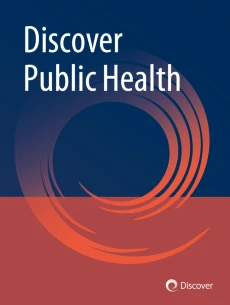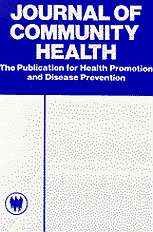Resumen
Background This study aims to describe the socio-demographic, behavioural and clinical differences between urban and rural populations participating in the TESTATE HIV self-sampling pilot intervention. It examines the feasibility and
acceptability of online self-sampling as an alternative strategy for HIV testing among gay, bisexual, and other men who
have sex with men (GBMSM) and transgender woman (TW) in Spain from November 2018 to March 2024.
Methods Data from participants in the TESTATE HIV study were analysed. Inclusion criteria included self-identification as
GBMSM or TW, being over 18 years old, and having used the TESTATE self-sampling service at least once. Rural popula-
tions were defined as those living in municipalities with less than 10,000 inhabitants.
Results Between November 2018 and March 2024, 3,210 individuals used the TESTATE platform, with 283 (8.82%) from
rural areas and 2,927 (91.18%) from urban areas. Rural participants had a higher median age, were more likely to be
bisexual and had lower rates of previous HIV testing. The overall HIV reactivation rate was higher in rural populations.
Rural participants also had lower confirmation rates of reactive results and lower linkage to care and treatment than
their urban counterparts.
Conclusion The TESTATE HIV self-sampling intervention is effective in increasing HIV testing among both rural and urban
populations. It provides an alternative and complementary approach to traditional health services, particularly in rural
areas with fewer resources. The intervention can help reduce geographical disparities in access to HIV screening and
support early detection and treatment of HIV.






